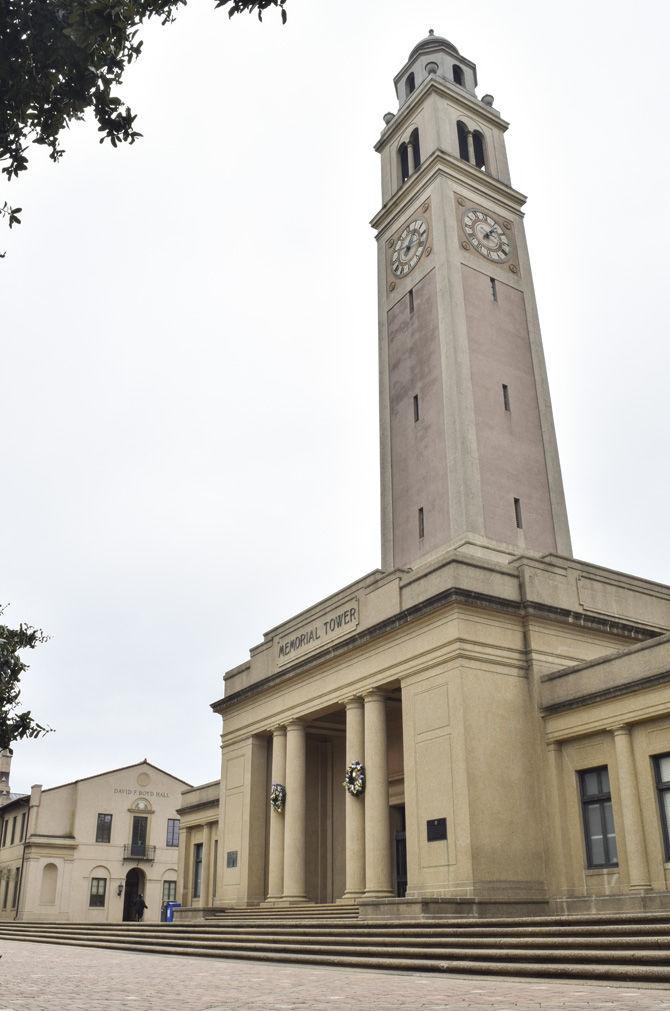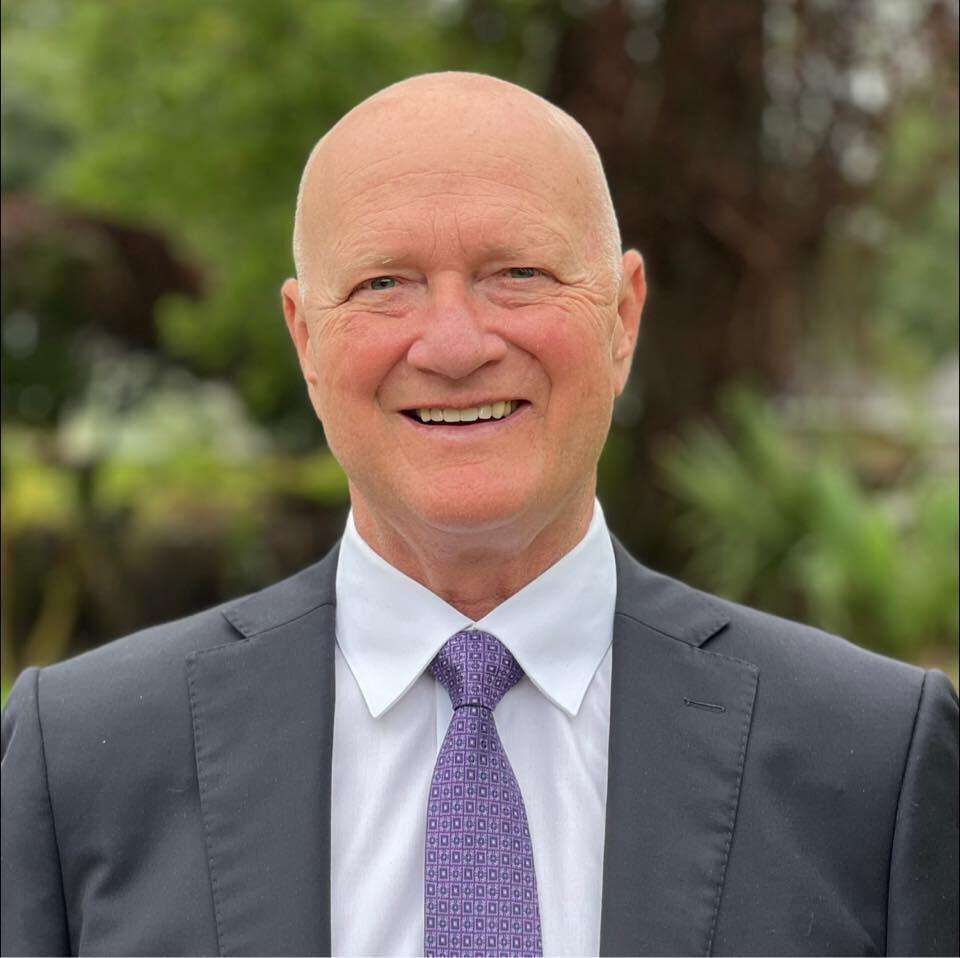For researchers, translating findings into a product that can be successful and generate revenue is a long and difficult process, especially for those without experience in commercialization. The Leverage Innovation for Technology Transfer (LIFT2 ) program seeks to help these researchers.
In the seventh round of grants under the LIFT2 program, 11 new projects received funding. The projects spanned many fields, though many fall in the health sciences category, one is an app designed to measure portion size.
LSU Research & Technology Foundation CEO Arthur Cooper said the program is designed to help researchers with new inventions bring their products to market.
“A researcher has been working in a certain field,” Cooper said. “He says ‘If I did this, I might have a product.’ What we are trying to do is get them some funding to explore taking their basic sciences and making it a product.”
Cooper said this program is important because commercialization is generally the hardest part of getting a product to market.
“There’s a long way from what a typical university researcher does to a commercial product,” Cooper said. “There’s a term for it, it’s called the valley of death. In the research cycle, the [National Science Foundation], [National Institutes of Health], all of those entities will fund research, a lot of it is basic, and they develop this basic research. But then, after that, it’s too early. No private person will invest in it because they don’t have a product.”
DeSoto Parish Chapter LSU Alumni Professor of Mechanical Engineering Ram Devireddy received a LIFT2 grant for his project involving the freezing of adipose tissue from liposuction for use in regenerative medicine. He said the grant greatly helped his research.
“The LIFT2 grant allows me and my long time collaborator Dr. Gimble, Chief Scientific Office at LaCell LLC, to translate our scientific laboratory-based research work on long term preservation and storage of adipose tissues into clinical practice and to explore commercialization opportunities,” Devireddy said.
The LIFT2 program began in 2014 and issued its first grants in July of that year. It is now a permanent program, with two rounds of funding every year. Applications are open from Jan. 15 to May 15 and July 15 to Nov. 15.
The funding for the LIFT2 program comes from royalties the University receives from previous inventions by University researchers.
“Its self-generated revenue from researchers,” Cooper said. “The President decided to devote much of that balance to this fund. Then, we changed the bylaws so that 5 percent of all the royalties generated by LSU goes in this fund. We’re always reinvesting back in our research.”
Although much of the money is invested in projects early in the development cycle, Cooper said if even a few of the projects are successful they will greatly benefit the University.
“If you hit that one technology, it produces a lot of revenue,” Cooper said. “A lot of them don’t produce, because it’s really, really early stage.”
Cooper hopes the LIFT2 grants will gear faculty more towards applied research.
“We hope to focus our faculty toward more of that applied research, so that they see the real benefits from working toward an industrial or commercial application,” Cooper said. “That tends to engender interest from the private sector into the University.”










